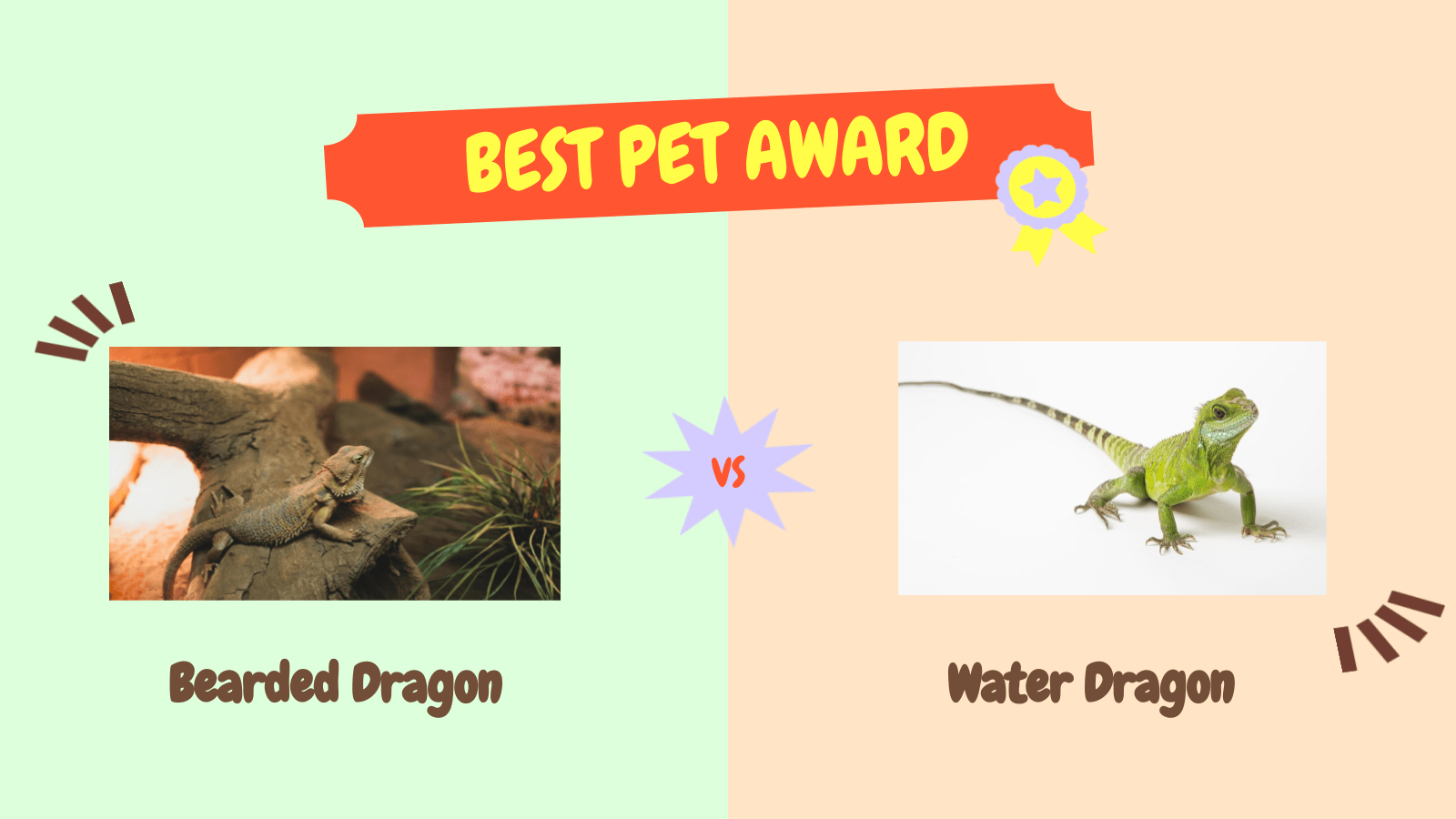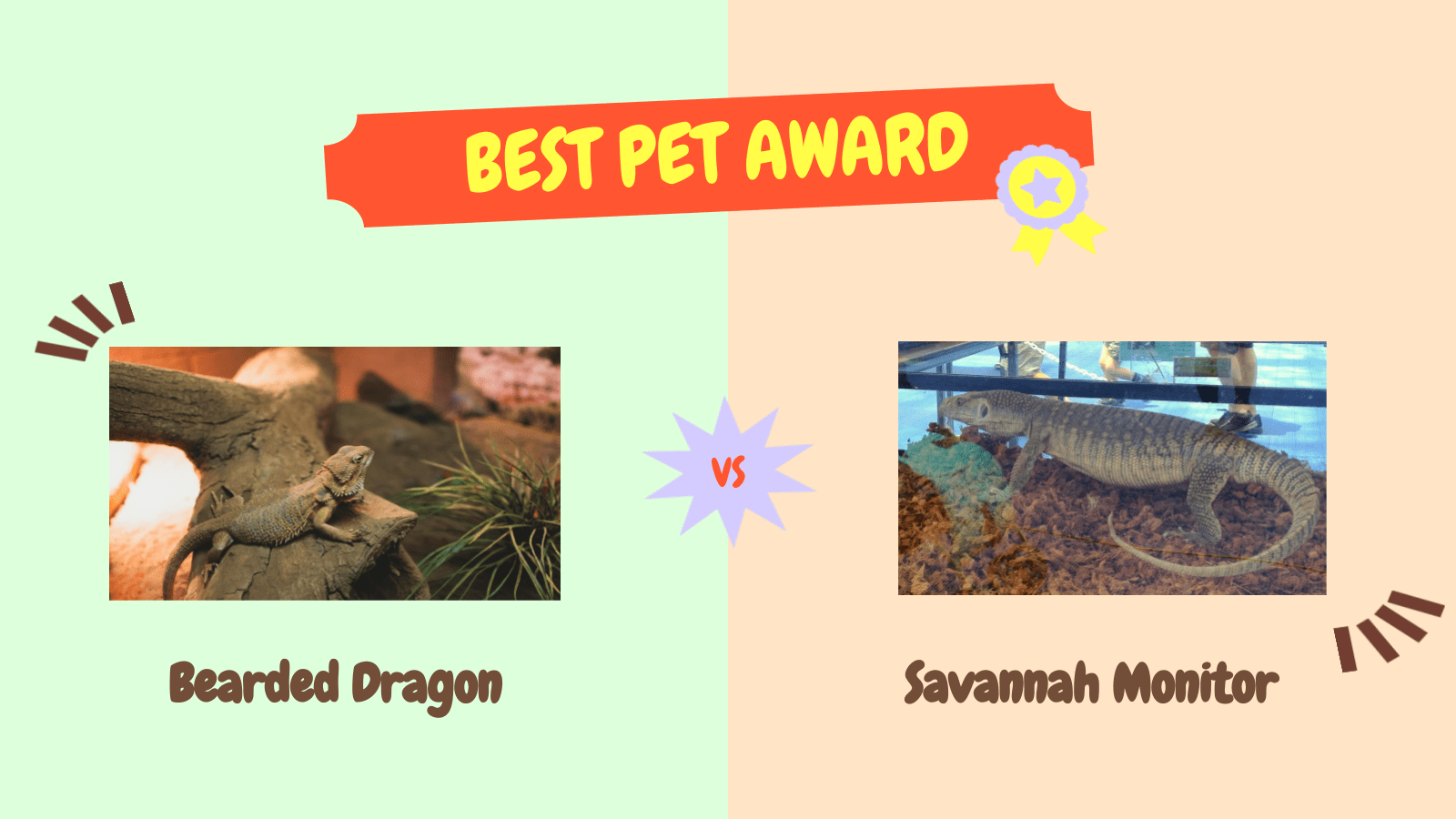Have you ever spotted a bearded dragon opening its mouth seemingly without reason? It’s a peculiar sight, isn’t it?
But don’t fret. What might look like random behavior to us has its reasons in the world of these unique reptiles.
Let’s embark on a journey to understand why our bearded friends exhibit this intriguing behavior.
5 Possible Triggers for Bearded Dragons Opening Their Mouths Randomly
- Thermoregulation: Bearded dragons often open their mouths as a way to regulate their body temperature. This behavior, known as ‘basking’, helps them cool down when they are overheated.
- Communication: Opening their mouths can also serve as a form of communication for these reptiles. It can be a display of dominance, aggression, or a sign of feeling threatened.
- Respiratory distress: Respiratory issues can trigger mouth opening in bearded dragons. If they are struggling to breathe, they may keep their mouths open as a way to draw in more air.
- Feeding and digestion: Sometimes, bearded dragons might open their mouths during or after feeding. It could be a sign of them enjoying their food or experiencing some digestive discomfort.
- Brumation: Brumation is a hibernation-like state for reptiles. Before entering this phase, some bearded dragons may present with open mouth behavior due to changes in their metabolic activity.
What to Do When Your Bearded Dragon Opens Its Mouth Randomly
Before you panic at the sight of your bearded dragon with its mouth agape, take a moment to evaluate the situation. It’s important to remember that this behavior can be normal, especially if it’s not accompanied by signs of distress.
If you notice increased mouth-opening, start by checking the environment. Is your pet’s enclosure too warm or too cold? Review your temperature settings and adjust accordingly. A digital thermometer will ensure accuracy.
Your dragon may also be trying to catch your attention due to hunger or thirst. Evaluate their feeding schedule and hydration levels. Is your pet getting enough food and water? Adjusting their diet or feeding frequency may remedy the issue.
Exercise is another crucial element to consider. Engage your bearded dragon in more activities to help stimulate their mind, encouraging them to close their mouth.
Lastly, if your bearded dragon continues to show this behavior despite all the adjustments, consult a vet. It could be a sign of a respiratory infection or other serious conditions. A professional will be able to provide a complete health assessment, ensuring your pet’s well-being.
To further extend your knowledge about bearded dragons, here are a few more to explore:
- Why Do Bearded Dragons Bob Their Heads and Wave?
- Why Does My Bearded Dragon Lay Flat on His Stomach?
- Why Is My Bearded Dragon Blinking Slowly?
Each post offers in-depth insights, giving you all the details you need to take good care of your beardie.
Remember to research and prepare for your pet’s specific needs, and you’ll have a happy and healthy companion for years to come.
Happy pet-keeping!


